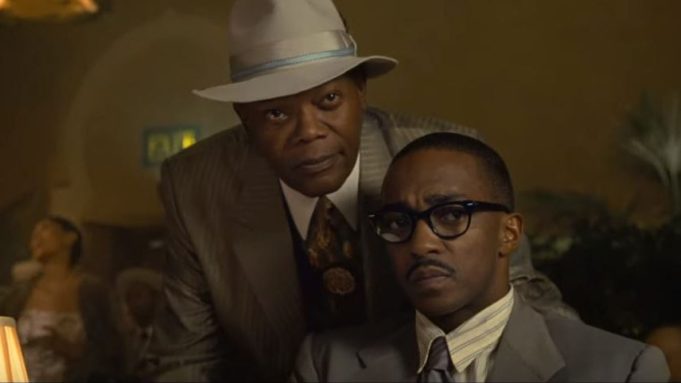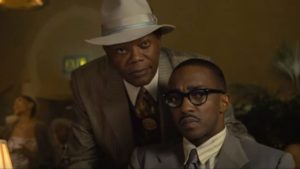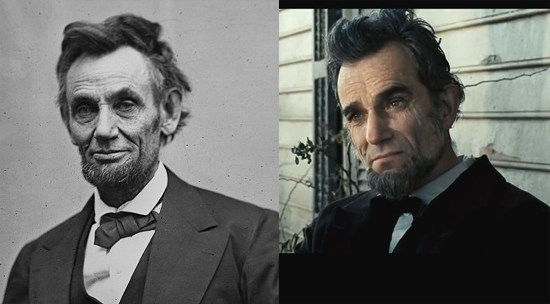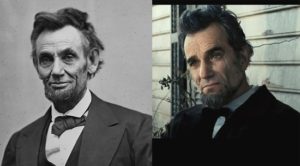Greyhound
Posted on July 9, 2020 at 5:10 pm
B +| Lowest Recommended Age: | High School |
| MPAA Rating: | Rated PG-13 for war-related action/violence and brief strong language |
| Profanity: | Brief strong language |
| Alcohol/ Drugs: | None |
| Violence/ Scariness: | Extended wartime peril and violence, weapons, explosions, some disturbing images, characters injured and killed |
| Diversity Issues: | Historical issues, segregated all-male military |
| Date Released to Theaters: | July 10, 2020 |

The WWII story “Greyhound,” written by and starring Tom Hanks, is something of a counterweight to those stories. It is based on a book called The Good Shepherd by Horatio Hornblower author C.S. Forester, whose specialty was thrilling naval stories. Hanks plays Captain Ernest Krause, commander of the USS Keeling, known by its callsign Greyhound. Like Queeg and Jessup, Krause was in the Navy before the war. We get a sense that he has been disappointed by not being promoted and perhaps, now that America’s entry into the war has prompted a promotion at last, he may have some doubts about whether he is ready. In a brief and probably unnecessary flashback, we see him propose to his lovely girlfriend, played by the lovelier-than-ever Elisabeth Shue. But she wants to wait. (In Forester’s book, Krause is divorced because his wife could not handle his by-the-book-ishness.). But unlike Jessup and Queeg, Krause is the very model of a decent, honorable, careful, officer. His first thought is for his mission; his second thought is for his men. He never loses sight of the consequences of his actions. As his men rejoice in the sinking of the U-Boat attacking them — “50 less Krauts!” — he says to himself as much as to anyone else, “50 souls.”
Other than that flashback, the quick 90-minute runtime is entirely devoted to a few days as Krause’s destroyer brings cargo ships across the Atlantic so they can deliver critically needed supplies and troops to England. Air cover at the time could not stretch all the way across the ocean, so there was a space in the middle known as the Black Pit. As the movie begins we hear the stirring voice of Winston Churchill describing the “hard unrelenting struggle” of the Atlantic fleet and Franklin Roosevelt, a former Secretary of the Navy, extolling the American spirit: “Damn the torpedoes! Full speed ahead!” “The price of the war has fallen on our sailor men,” we hear. And then we see what that means on Krause’s first crossing.
In addition to the vulnerability of lack of air cover, the equipment they have to work with is endearingly, and horrifyingly basic, analog, almost prehistoric. Their communication with their base is inadequate, even when it works, a critical message arriving two hours too late. The tracking system stops working. On board, Krause gets his intel by voice relay. A sailor has the job of just repeating everything coming from below so he can hear it. A sneeze at the wrong moment can be disastrous. The crew uses grease pencils and protractors. Krause uses binoculars. He uses a pencil-sharpener. They run low on ammo.
As admirable as the movie’s devotion to accuracy is, the tech talk is overwhelming. There’s a lot of “five minutes to course change” and language that is much harder to parse. Much less time is devoted to developing characters other than Krause; he may care a lot about the men but the movie does not seem to. An exception is Rob Morgan, in his third indelible performance of the year so far after “Bull” and “The Photograph.” As a loyal steward in the still-segregated military, he manages to convey infinite dignity and a movie’s worth of back story.
All of the tech talk and even some of the action are a distraction from what the movie is about: risk assessment under the direst circumstances, the responsibility for other people’s lives, both those on board and those they are fighting to protect at home, the wear on the spirit, the resolve to go on. At its foundation, beyond all of the tension and action, this movie is is a continuation of those same issues explored in Hanks’ recent films, especially “Captain Phillips,” “Sully,” and “Bridge of Spies.” Hanks, who often seems to play the role of America’s dad in real life, explores the existential questions that underly all of our choices.
Parents should know that this film includes extended wartime peril and violence, disturbing images, guns, torpedos, explosions, characters injured and killed, and brief strong language. Reflecting the reality of the era, the military is segregated and all-male.
Family discussion: What are some of the biggest differences between the military technology of WWII and today? Which was the most difficult decision Commander Krause had to make? If he had to do it again, what would he do differently?
If you like this, try: “Midway,” “Mr. Roberts,” “Destination Tokyo,” and “Band of Brothers”





 Jane Austen described the eponymous central figure of her 1815 novel as “a heroine whom no one but myself will much like.” The opening sentence of the book almost challenges us to like her: “Emma Woodhouse, handsome, clever, and rich, with a comfortable home and happy disposition, seemed to unite some of the best blessings of existence; and had lived nearly twenty-one years in the world with very little to distress or vex her.” How can we root for someone who already has everything?
Jane Austen described the eponymous central figure of her 1815 novel as “a heroine whom no one but myself will much like.” The opening sentence of the book almost challenges us to like her: “Emma Woodhouse, handsome, clever, and rich, with a comfortable home and happy disposition, seemed to unite some of the best blessings of existence; and had lived nearly twenty-one years in the world with very little to distress or vex her.” How can we root for someone who already has everything? 
 Celebrate President’s Day with some movies about our 16th President. Reportedly, Abraham Lincoln has been portrayed more on screen than any other real-life character. I was honored to be invited to participate in the
Celebrate President’s Day with some movies about our 16th President. Reportedly, Abraham Lincoln has been portrayed more on screen than any other real-life character. I was honored to be invited to participate in the